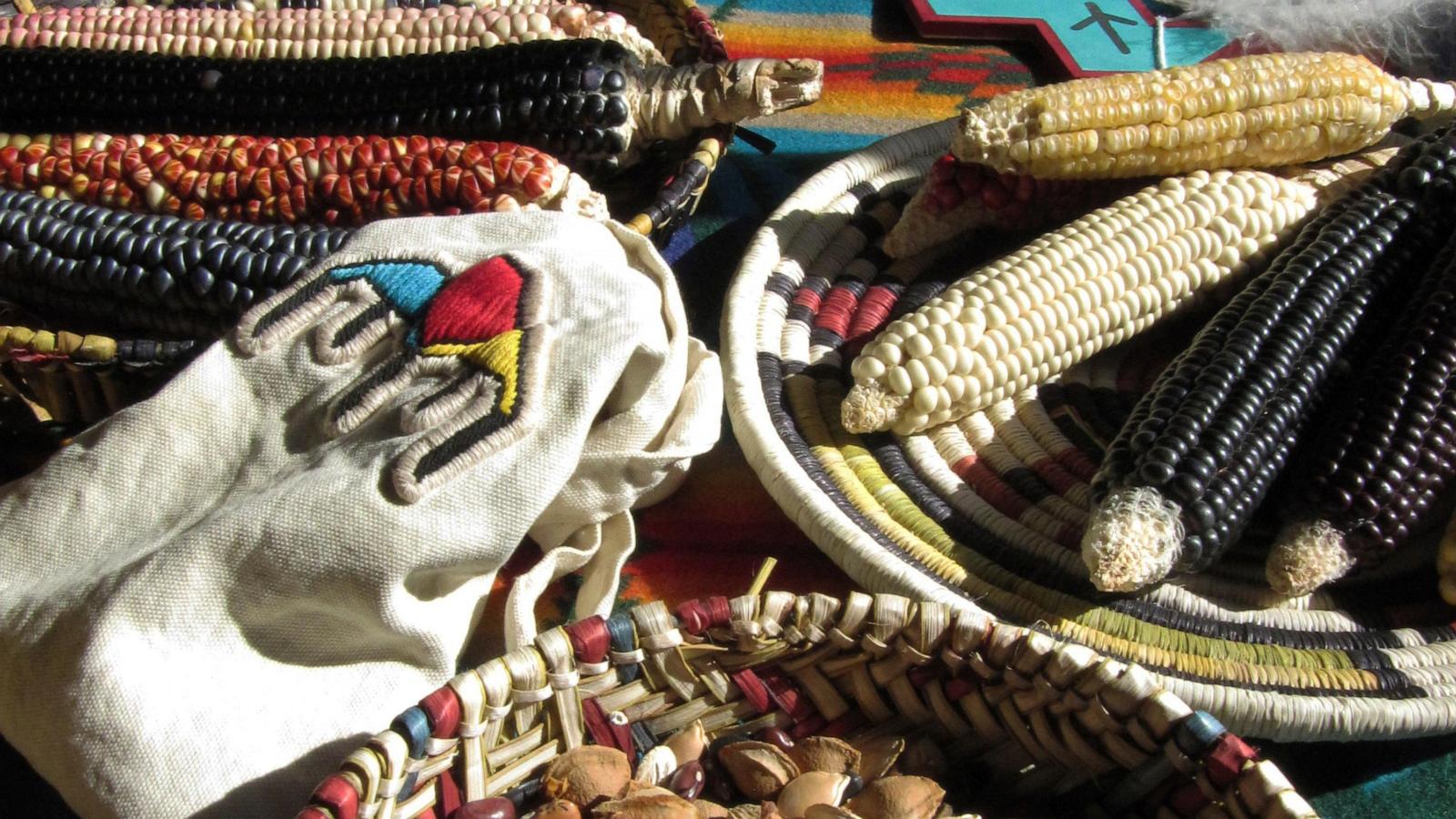Hopi Tribe Receives Historic Land Transfer After Decades-Long Struggle
In a monumental victory that has been decades in the making, the Hopi Tribe has finally begun to receive the land rightfully theirs, thanks to a recent settlement agreement. This historic event marks a turning point in a long and arduous battle over land rights, bringing hope for economic opportunities and cultural revitalization.
A Checkerboard of Ownership: Understanding the Land Dispute
The Hopi's land ownership has been a complex and convoluted issue for generations. Due to the "checkerboard" pattern of ownership, which has been the result of numerous past government actions, tribal lands are interspersed with privately and state-owned plots. This fragmented ownership has created challenges for economic development and the preservation of tribal cultural heritage. The Navajo-Hopi Land Dispute Settlement Act of 1996 attempted to rectify the land disputes, but even so, the Hopi have continued their pursuit of consolidating land holdings, a process fraught with roadblocks and lengthy legal proceedings.
The Roadblocks Faced by the Hopi Tribe
One major hurdle involved efforts to secure the support of local governments for a proposed transfer of land south of Interstate 40 in 2018. But the involvement of national forest tracts in Flagstaff proved to be a critical barrier. Now, with this settlement agreement finally taking hold, the Hopi tribe continues their steps toward healing historic wounds and securing a stable future.
Historic Transfer of Land: Hope for the Hopi Tribe
The recent condemnation filing represents a significant step towards consolidating Hopi-owned land and resolving the checkerboard pattern of ownership, paving the way for improved economic and agricultural opportunities. The land near Winslow, long used by the tribe for ranching and agriculture, is vital for tribal sustenance. The transfer marks the beginning of an expected series of land transfers in this direction, a true historic achievement, demonstrating considerable progress on resolving the long-standing land dispute. This moment of significance also aligns with the Hopi people's celebration of soyal’ang, which represents the new year and a fresh start.
Economic and Cultural Implications
This settlement brings much more than just additional land to the tribe. The improved land ownership security will provide many positive economic implications for future generations. The possibility of expanded agricultural and ranching operations holds enormous potential for income generation, bolstering the tribal economy. Moreover, consolidating the Hopi's lands enables better preservation of culturally important sites and the promotion of traditions, ultimately empowering community growth and cultural heritage preservation. Furthermore, this will open more opportunities for economic projects, such as tourism and recreational ventures, allowing greater revenues for community initiatives and educational programs. It shows an unwavering commitment toward improving the well-being of the community.
The Navajo Nation: A Parallel Path
The Hopi are not alone in facing past land challenges. The Navajo Nation is working towards overcoming similar disputes, signing a warranty deed to gain a parcel near Flagstaff. Plans for a casino on this new land also highlight the economic benefits the consolidation of tribal land ownership can provide. Such projects generate new income that strengthens self-sufficiency and boosts overall community infrastructure improvements.
A Look to the Future
As a collective, the successful transfer of land to both tribes paves a pathway to resolution of long-standing land disputes in the region. It shows that positive change is possible with dedication and sustained action. It encourages dialogue, transparency, and a continued effort towards securing long-term solutions for the advancement of Indigenous rights and self-determination in the area.
Take Away Points
- The recent land transfer marks the beginning of resolving the long-standing Hopi land dispute.
- Consolidation of Hopi lands will offer economic and cultural opportunities.
- The Navajo Nation’s parallel efforts emphasize the need for federal commitment in this area.
- This historic transfer signals hope for the future of Hopi self-determination and economic independence.




